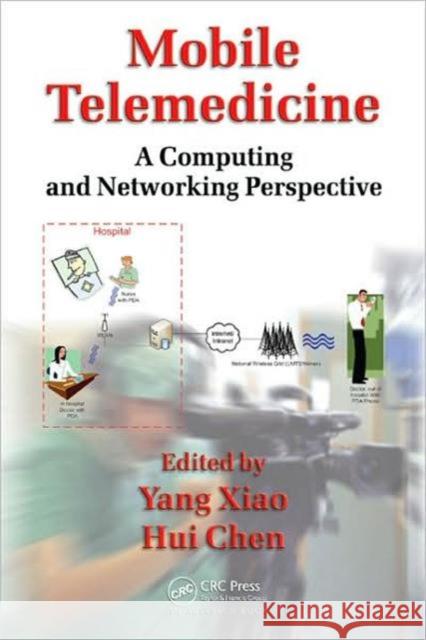Mobile Telemedicine: A Computing and Networking Perspective » książka
Mobile Telemedicine: A Computing and Networking Perspective
ISBN-13: 9781420060461 / Angielski / Twarda / 2008 / 440 str.
The concept of medical treatment from a distance (in absentia care) is actually quite ancient, dating back to tribal days where smoke signals were used to warn of serious disease in a community. Nowadays, telemedicine is used to facilitate treatment in rural areas, where the nearest doctor is miles away, through various forms of information technology, including videoconferencing and digital imaging. It can also be used to conveniently monitor chronically ill patients through electronic devices so that they can enjoy a better quality of life. But despite the strides that have been made in utilizing the telemedicine technology, there remain a number of limitations and weaknesses that must be overcome before this treatment paradigm can reach its full potential. In Mobile Telemedicine: A Computing and Network Perspective, noted computer scientists Yang Xiao and Hui Chen examine those computing and networking dilemmas arising from wireless and mobile telemedicine. Comprised of the contributions of many prominent international researchers, the book discusses the relative merits and limitations of the existing technology and sheds light on future developments. It begins with a discussion of patient care and monitoring through items such as personal alarm systems. It then reviews the current methods available to monitor cardiac and diabetic patients, analyzes the security and privacy considerations that arise with respect to the transmission of sensitive information, and examines issues relating to networking support. Finally, it concludes with a section on the opportunities and challenges faced by those involved at this intersection of healthcare and communications. By bridging the fields of medicine and information technology, this volume serves as a useful springboard for those pioneering IT researchers looking for a comprehensive reference. The book also provides information for those involved with either communications or healthcare who want to learn about the current state and potential use of this technology.











